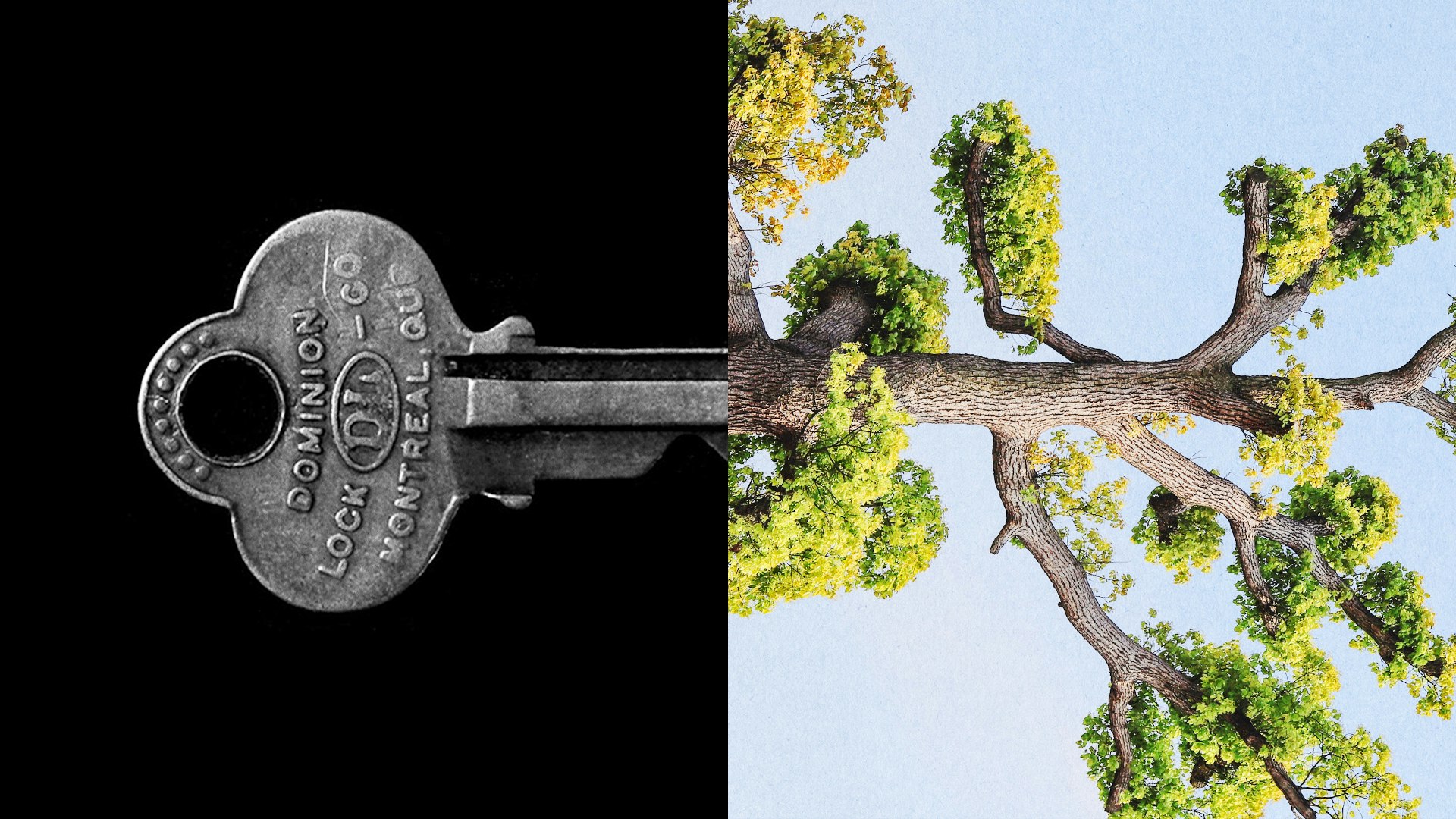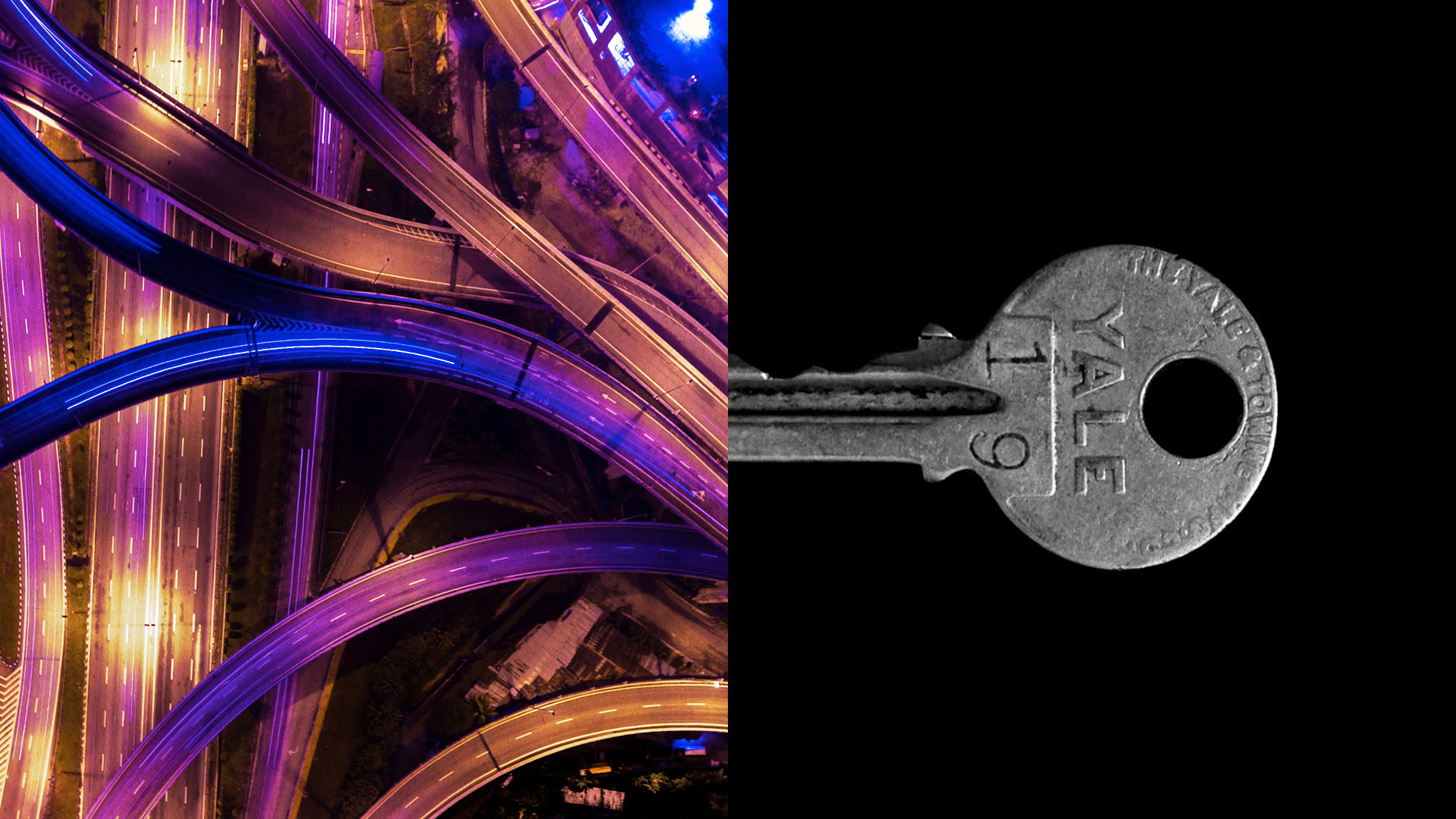Shareholders? So 80s.

Imagine a company
that cannot be sold,
cannot be taken public,
and pays no dividends.
Why on earth would it exist?
It’s called steward-ownership. Developed by German technology company Zeiss in 1864, the concept is old, but it's also new. And it sets out to reimagine shareholder-driven capitalism. How? By giving ownership to people directly involved in the work of a company.
Let’s take Sharetribe, a Finnish startup that’s democratizing the sharing economy by enabling organizations and entrepreneurs to create their own online marketplaces. It was the first business in Finland—and among the first wave of tech startups in the world—to implement this structure. The best part? The company can’t be sold, can’t be taken public, and can’t pay dividends—unlike a B Corporation where ownership can be sold and the company’s commitment undone by a majority vote of shareholders. That’s right, we’re seeing something different here—and at our Resident Circle three weeks ago, we got the chance to ask CEO Juho Makkonen about Sharetribe’s unconventional model.
Sharetribe started out in 2009, founded on a belief in the absolute good of a sharing economy: the clear environmental benefits of borrowing versus buying and the chance for regular people to earn extra cash.
Juho Makkonen told us:
“Is it possible to get the economic, environmental, and social benefits of the sharing economy without the downsides of traditional capitalism, like concentration of wealth, precarization of work, and the deepening class divide?”
And so they chiseled out a new mission: “to democratize platform ownership so that anybody could own their own marketplace.” Instead of having a few giants dominating the field, they wanted to open it up to small and medium-sized businesses, social enterprises, nonprofits, cooperatives, DAOs, NGOs, and public institutions. Yet having a mission was still no guarantee that they wouldn’t become the next extractive platform owned by venture capitalists. And that’s when they met the team at the Purpose Foundation and discovered steward-ownership. It was the beginning of an exciting new journey.
The first principle that the Purpose Foundation introduced into Sharetribe’s structure was “ownership equals entrepreneurship,” meaning that organizations work better if team members also own the company, instead of giving up ownership to investors far removed from the actual work. The second principle was “profits as means to an end, not an end in and of itself,” meaning that an organization shouldn’t exist just to create more profit; instead, the reason it generates profit should be to achieve its higher purpose—its societal mission.
These two principles transformed Sharetribe’s structure at the core, providing a binding promise for all its stakeholders to live up to. Furthermore, two crucial aspects were put into place. First, only active team members have voting rights—which means control of the company can’t be sold, and the company can’t go public. They also implemented strict caps on profit, distribution, and salaries. The result? Founders and investors can only get returns from company profits up to a predefined cap. After that, 100 percent of profits go into advancing the mission. The structure is safeguarded by the Purpose Foundation, which keeps employees at Sharetribe bound to their promise and prevents them from changing their minds.

How does the Purpose Foundation safeguard this kind of structure? In some cases, like that of the Berlin-based Märkisches Landbrot bakery, it will safeguard the company’s mission orientation and ensure that profits are reinvested in the purpose of the company itself, or serve its nonprofit activities. But this foundation model is often costly, which is why the Purpose Foundation came up with an alternative, enabling companies to implement steward-ownership with a sort of legal hack: the company gives a veto share of one percent of its voting shares to the Purpose Foundation, or any other suitable foundation or organization, to serve as a veto holder. The chosen foundation is then obliged to vote against any changes made to the ownership structure. This way, the steward-ownership principles enshrined in the company’s statutes are secured in the long term. Make sense?
Of course, there are some downsides to this structure: it doesn’t attract funding from traditional venture capitalists or angel investors because they would expect higher returns than Sharetribe can provide. The company also doesn’t compensate employees and board members with equity, which sets a certain limit to its own payoff. They will never raise exorbitant sums of money. “But the pros surely outweigh those cons,” says Makkonen. “The company’s binding promise to forever prioritize the purpose over the profits ensures that it will always be fully independent, and in control of its own destiny.” Its shareholders retain control of governance and economic rights—which, as we mentioned in our issue a few weeks ago, has the potential to create a powerful incentive and a strong bond amongst team members. As the Purpose Foundation frames it, “the steward-ownership model allows for entrepreneurial freedom and self-determination. Stewards are enabled and incentivized to make decisions in line with what is best for the company, not short-term profits. This empowers them to act sustainably and responsibly in their own accords.”
Alongside steward-ownership, other models, like cooperatives and employee ownership, are also gaining momentum. By the way, you’ll have a chance to learn more about the latter model in our Resident Circle with ustwo studios, a digital product studio, on July 29.
So how does it all add up to creating change for a more equitable sustainable economy?
We reached out to the team at Purpose Foundation—Adrian and Achim Hansen, Maike Kauffmann, Christoph Bietz, Lilly Pokraka, and others—via email with a few questions.
Here’s what they said:
“We strongly believe that in order to build companies that are a healthy place to work in, and that are able to serve a purpose in the long run, we need organizational structures and financing opportunities that are compatible with the companies’ mission orientation and culture. Steward-ownership can be a valuable alternative for companies and organizations that wish to protect their purpose-orientation and corporate independence in the long term. The separation of economic and voting rights ensures that purpose will always come before shareholder value maximization. However, it takes more than one concept to create an economy that serves people and the planet in the long term.
As Kate Raworth, author of Doughnut Economics, wrote: ‘[A regenerative economic design] calls for redefining the purpose of business and the functions of finance. [...] It is a redesign process that will emerge not from textbook theories, but from the innovative experiments of those who are trying to bring it about.’ Steward-ownership is a puzzle piece enabling companies to do exactly this.
There are so many innovative businesses and inspiring entrepreneurs who are convinced that their business can act as a puzzle piece toward a more equitable and sustainable future in general, or for their community in particular: Ecosia, the search engine that plants trees, Wildplastic, a startup collecting wild plastic to bring it back into the production cycle, or local businesses such as Firebrand, an Oakland-based bakery hiring formerly homeless and incarcerated people, or Locales Conectados, a Chilean-based initiative with the mission to strengthen local cohesion and engagement. All four share the goal of taking responsibility for their and our common future, and use steward-ownership as one way to do so. But it doesn’t stop there, we increasingly receive inquiries from businesses outside of what you would call ‘classic entrepreneurship’: hospitals and medical practices, farmers or entrepreneurs from real estate or construction industries who are looking for alternatives to shareholder value-maximizing structure. And for them too, steward-ownership seems a suitable solution.”
